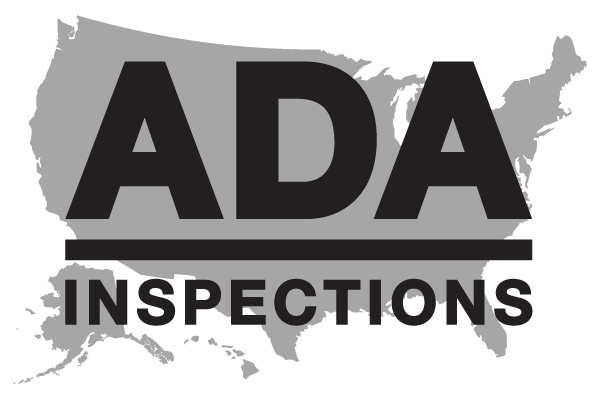Chicago Liable for Private Developers Who Build Affordable Housing
On December 12, 2023, the Justice Department (DOJ) filed a Statement of Interest in the United States District Court for the Northern District of Illinois in a private lawsuit challenging the accessibility of Chicago’s affordable rental housing activities for individuals with disabilities. The Statement of Interest clarifies the correct interpretation of whether Chicago's affordable rental housing activities are a covered service, program, or activity under Section 504 of the Rehabilitation Act and Title II of the Americans with Disabilities Act (ADA). The Statement of Interest explains that Chicago is liable for the accessibility of its program or activity even when it contracts with private developers to build affordable housing.
The matter is covered in Northern District of Illinois Eastern Division Civil Action No. 1:18-cv-03399, Access Living of Metropolitan Chicago, INC., an Illinois non-profit corporation, (Plaintiff) versus City of Chicago (City), regarding the City of Chicago’s use of third parties to provide affordable housing opportunities for its residents.
Access Living of Metropolitan Chicago, Inc. brought this action against Chicago under Section 504, ADA Title II, and the Fair Housing Act (FHA), 42 U.S.C. §§ 3601-19, alleging the City discriminates against individuals with disabilities by failing to ensure its “affordable rental housing program” is accessible.
This Statement of Interest clarifies the correct interpretation of whether Chicago’s affordable housing activities constitute a covered service, program, or activity under Section 504 and Title II, the benefits of which must be accessible to individuals with disabilities, as follows:
First, it explains that Section 504 and ADA Title II cover all programs or activities of a public entity, and the law and undisputed facts support that providing affordable rental housing opportunities is a program or activity of the City.
Second, Section 504 and ADA Title II govern a public entity whether it provides a benefit directly or through contractual or other arrangements. Thus, Chicago is liable for the accessibility of its program or activity even when it contracts with private developers to build the affordable housing.
Third, Chicago has the authority, obligation, and ability to ensure the private developers it contracts with provide housing that is both affordable and accessible.
Fourth, Section 504 obligations extend to the entire “program or activity” of a recipient of federal funding.

